NIH
-
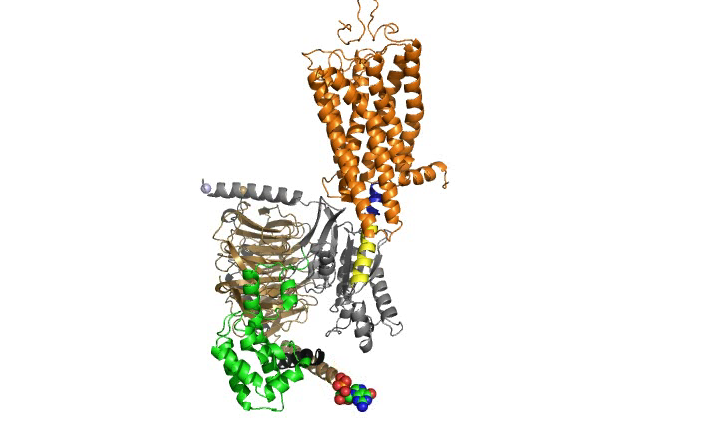
Discovery of how G proteins ‘turn on’ may lead to better drugs
Researchers have discovered how key proteins are “turned on” and transmit signals inside the cell. The discovery could lead to new, more effective drugs. Read MoreAug 18, 2011
-

New ‘bionic’ leg gives amputees a natural gait
A new lower-limb prosthetic uses the latest advances in computer, sensor, electric motor and battery technology to give it bionic capabilities. Read MoreAug 17, 2011
-

Depressed brains more stressed
Patients with major depression may have altered gene expression associated with stressful conditions in certain brain areas. Read MoreAug 11, 2011
-

Study suggests new lung cancer therapy schedule
A new lung cancer study led by Vanderbilt-Ingram Cancer Center investigators found that various non-small cell lung cancer cells grow at different rates, which may explain why some tumors become resistant to anti-cancer drugs faster than others. Read MoreAug 10, 2011
-

Kidney dopamine regulates blood pressure, life span
Vanderbilt University Medical Center investigators have demonstrated that dopamine produced outside the brain – in the kidneys – is important for renal function, blood pressure regulation and life span. Read MoreAug 5, 2011
-

Clear vision of protein interactions
Researchers identify protein partners that may keep the lens of the eye transparent – and free from cataracts. Read MoreAug 5, 2011
-

Give me some skin
A new understanding of the biochemical pathway that builds our skin barrier could lead to treatments for skin diseases. Read MoreJul 21, 2011
-

Dad’s diet influences birth timing
It may be possible to prevent preterm birth by modifying the father’s diet before a baby's conception. Read MoreJul 20, 2011
-

Memories may skew visual perception
New research from Vanderbilt University indicates images held in our working memory may skew perception of current events. (iStock) Taking a trip down memory lane while you are driving could land you in a roadside ditch, new research indicates. Vanderbilt University psychologists have found that our visual perception… Read MoreJul 19, 2011
-

Stomach bugs impact nutrient levels
Helicobacter pylori, a bacterium that infects half of the world’s population and increases the risk for stomach cancer, appears to impair nutrient absorption. Read MoreJun 30, 2011
-

Inflammation relief: what’s the delay?
New research offers hope for patients needing the anti-inflammatory benefits of glucocorticoids without the adverse side effects associated with them. Read MoreJun 28, 2011
-

Antioxidant genes keep stomach moving
Antioxidant genes may be good targets for treating a stomach disorder that affects up to 40 percent of patients with diabetes. Read MoreJun 24, 2011
-
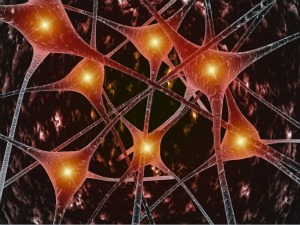
Fine-tuned protein makes memories
Researchers discover new wrinkles in how proteins build memories. Read MoreJun 24, 2011
-

Cocaine’s effects on the teenage brain
Cocaine exposure during the teen years causes long-lasting brain and behavioral changes in rats. Read MoreJun 24, 2011
-
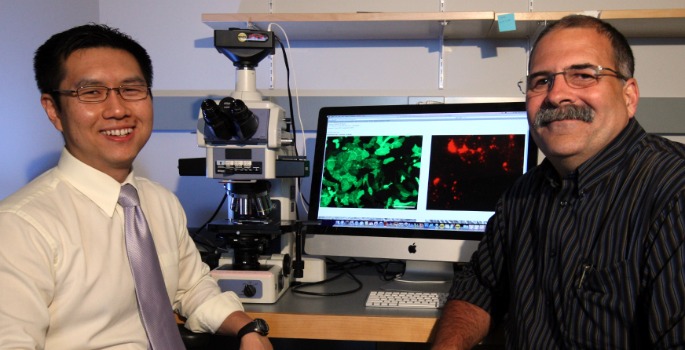
Receptor ‘ties’ together blood flow, atherosclerosis
A discovery about the causes of atherosclerosis, a cause of heart attacks and strokes, may lead to new treatments. Read MoreJun 22, 2011
-
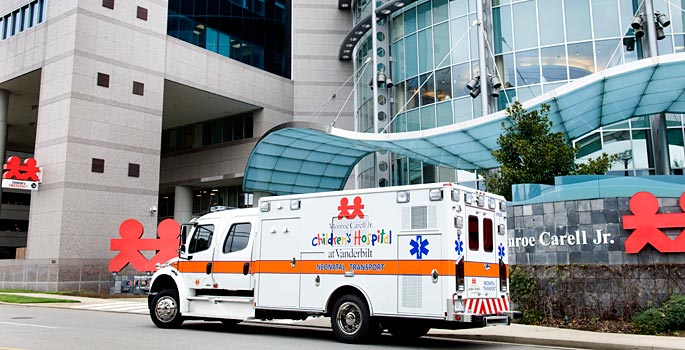
NIH grant bolsters emergency medicine training
The Department of Emergency Medicine has received a $3.5 million training grant from the National Institutes of Health, one of the nation’s first training grants in emergency medicine. Read MoreJun 21, 2011
-

VUMC awarded $20M to coordinate science consortium
Consortium will advance biomedical research nationwide. Read MoreJun 14, 2011
-
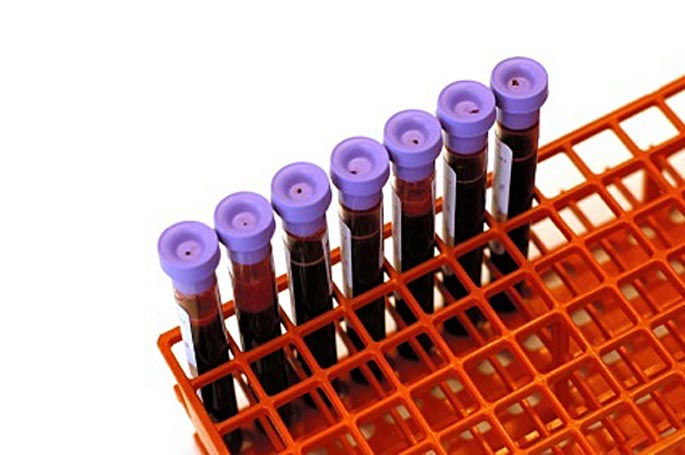
Magnesium affects prostate cancer risk
Low blood levels of magnesium are associated with more aggressive prostate cancer, a recent study suggests. Read MoreJun 3, 2011
-

Sex hormone may predict death
Changes in blood levels of the sex hormone estradiol may provide a clinically useful predictor of death in critically ill or injured patients. Read MoreJun 3, 2011
-
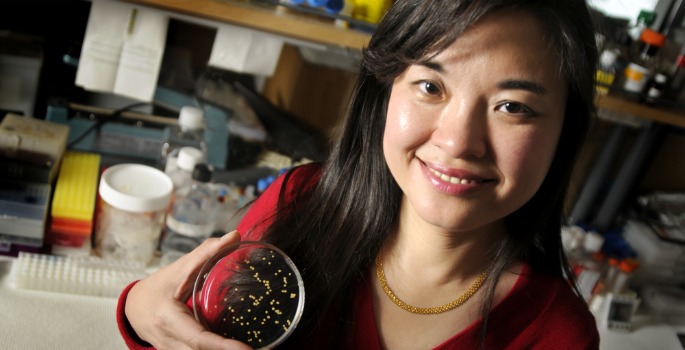
Bacterial protein found in yogurt may alleviate inflammatory bowel disorders
A protein isolated from beneficial bacteria found in yogurt and dairy products could offer a new, oral therapeutic option for inflammatory bowel disorders. Read MoreMay 23, 2011